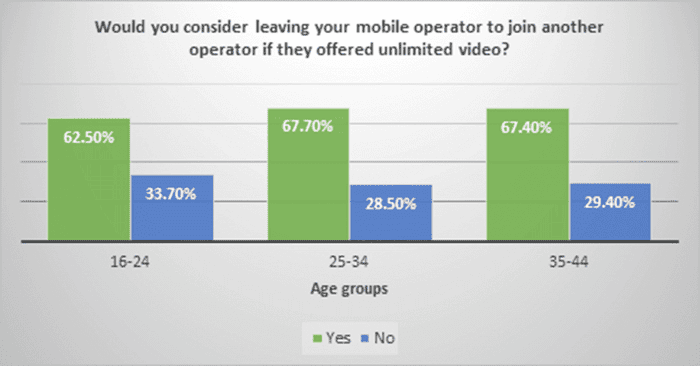Europe’s telecoms regulator seeks to restrict zero-rating by ISPsEurope’s telecoms regulator seeks to restrict zero-rating by ISPs
BEREC, the European telecoms regulator, has started a public consultation on a set of draft net neutrality guidelines, with specific guidelines on zero-rating being proposed.
June 8, 2016

BEREC, the European telecoms regulator, has started a public consultation on a set of draft net neutrality guidelines, with specific guidelines on zero-rating being proposed.
Zero-rating involves the bundling of specific services into packages at no additional cost to data allowances. This could include traditionally data-heavy services including video or music apps such as Netflix or Spotify; and the debate surrounding zero-rating has been almost as contentious as the broader net neutrality issue itself.
In India, the TRA recently banned any zero-rating service, which also included the Facebook internet-inclusivity service Free Basics, which provides rudimentary access to certain online services at no cost. Regulatory bodies in Europe have also begun turning their gaze on to zero rating as part of overarching net neutrality legislation, with Holland, Norway and Slovenia countries to have outlawed the practice in the past 12 months.
BEREC says zero-rating shouldn’t be allowed for a number of reasons, namely for the protection of end-user choice – for both the ISP and the services in question.
“… the zero price applied to the data traffic of the zero-rated music application (and the fact that the data traffic of the zero-rated music application does not count towards any data cap in place on the IAS [Internet Access Service]) creates an economic incentive to use that music application instead of competing ones,” it said. “The effects of such a practice applied to a specific application are more likely to ‘undermine the essence of the end-users’ rights’ or lead to circumstances where ‘end-users’ choice is materially reduced in practice’ than when it is applied to an entire category of applications.”
The regulatory body goes on to explain how national regulatory authorities should have the right to consider to what extent user rights are affected or restricted by financial or network-related conditions associated with zero-rating a service.
While the movement to outlaw zero-rating gathers momentum across Europe, questions still remain over the extent to which the industry benefits from regulators making sweeping rulings over differentiation tactics in play.
In the US, the FCC has had a bit of a nose into zero-rating, but is yet to issue any formal market regulations over its use. Meanwhile, T-Mobile US has been using zero-rating as one of its biggest tools to wrestle users away from its competitors. BingeOn is its primary offering, which essentially offers video services to users at no additional cost to their data allowance, which includes apps like Netflix, YouTube, The Daily Motion and Google Play.
It is this practice which regulators in Europe are getting nervous about, but in the US it appears to be working, as T-Mo continues to snap up market share from its rivals. In fact, survey results unveiled by Openwave Mobility say that of 2,000 European consumers aged 16 to 44 polled, nearly 66% said they would consider leaving their mobile operator in order to join a competitor offering unlimited video. The public consultation will conclude by 18th July, however given its divisive nature it is likely the debate will continue to rumble on long after BEREC’s consultation period has come to a close.

About the Author
You May Also Like










.png?width=300&auto=webp&quality=80&disable=upscale)


_1.jpg?width=300&auto=webp&quality=80&disable=upscale)